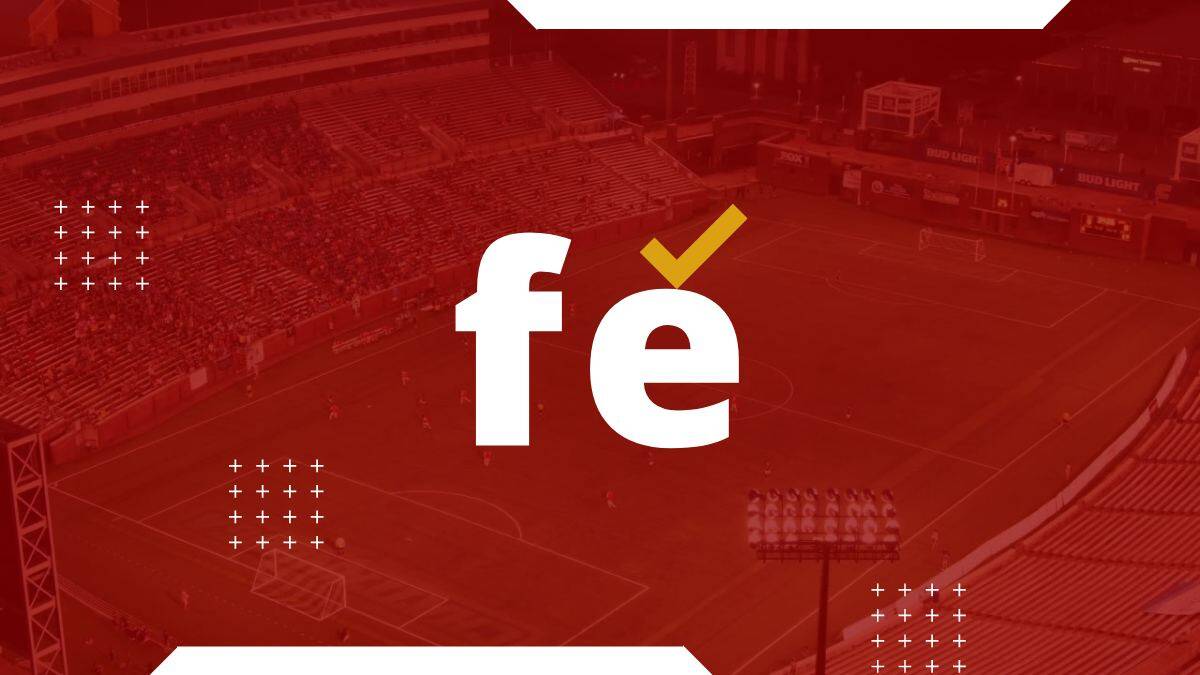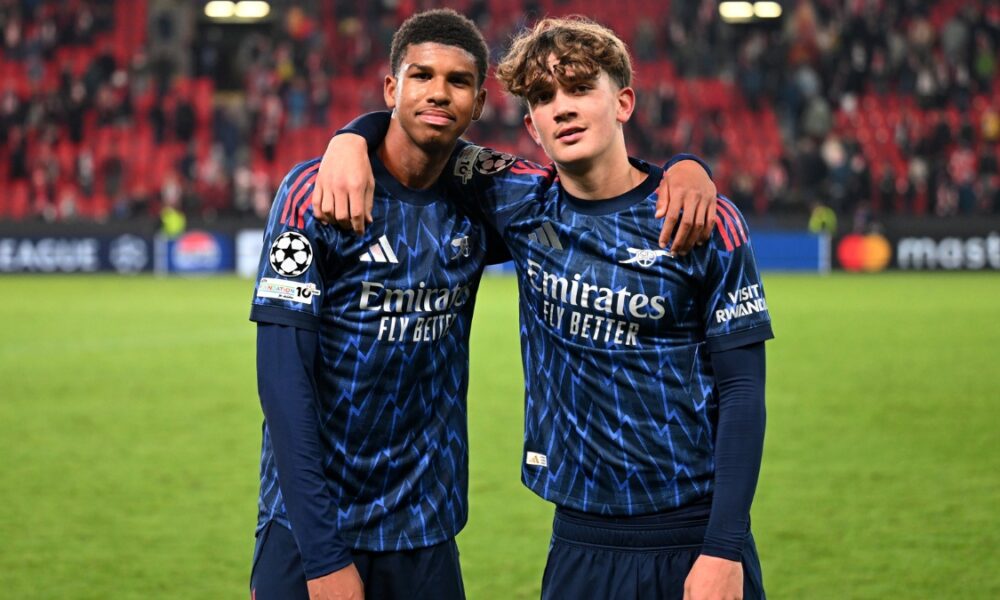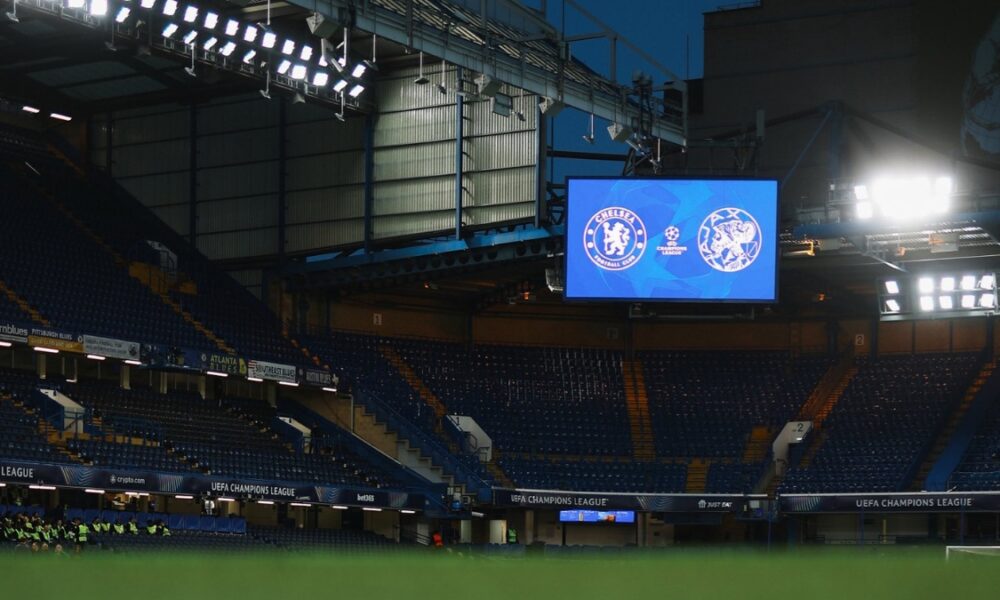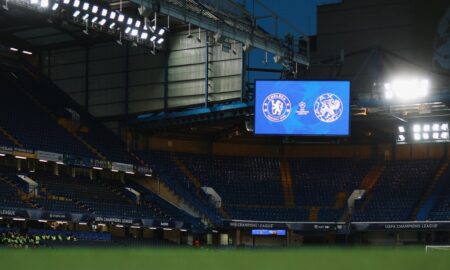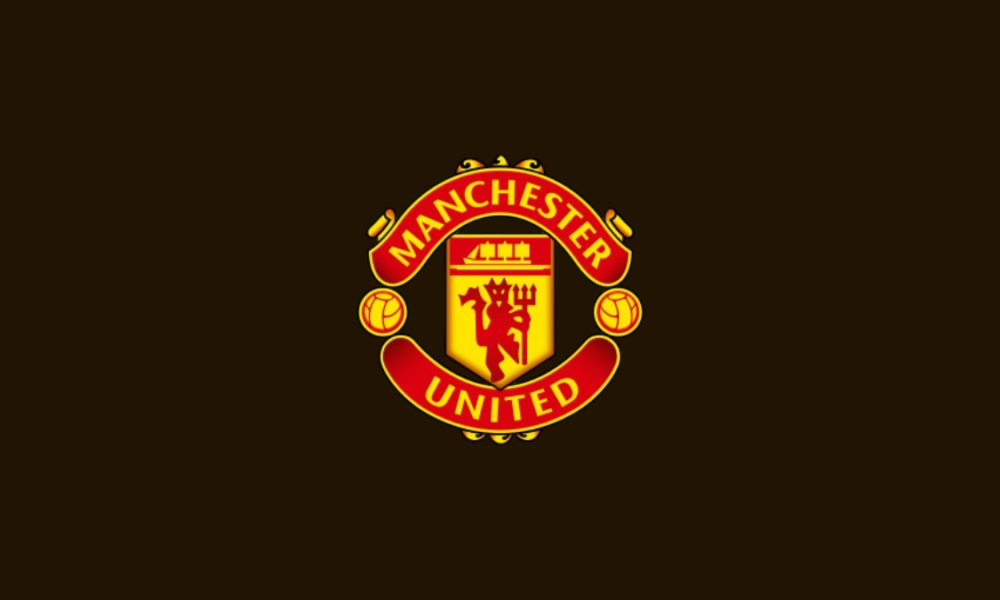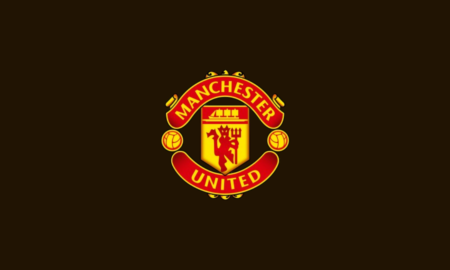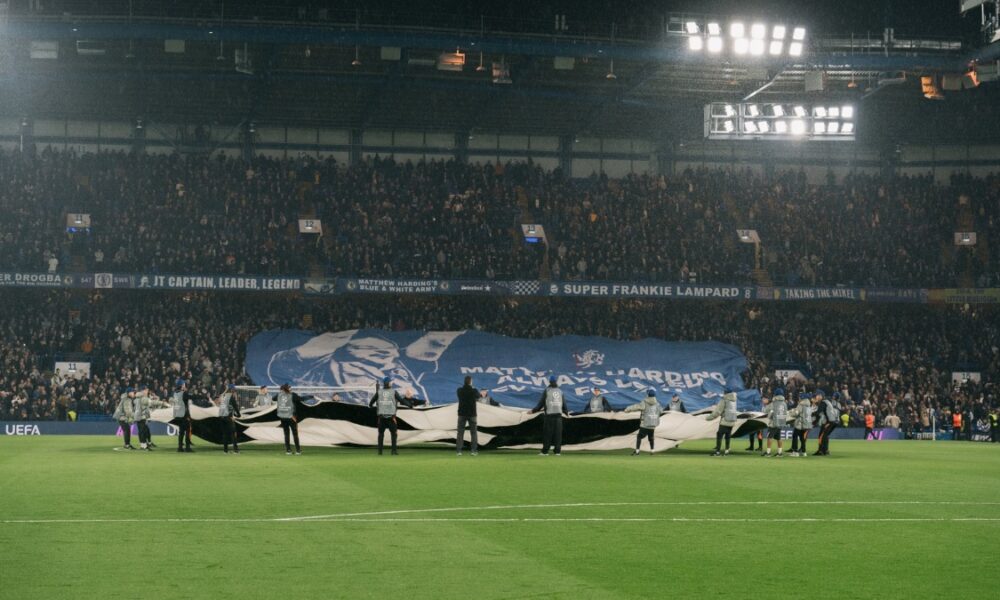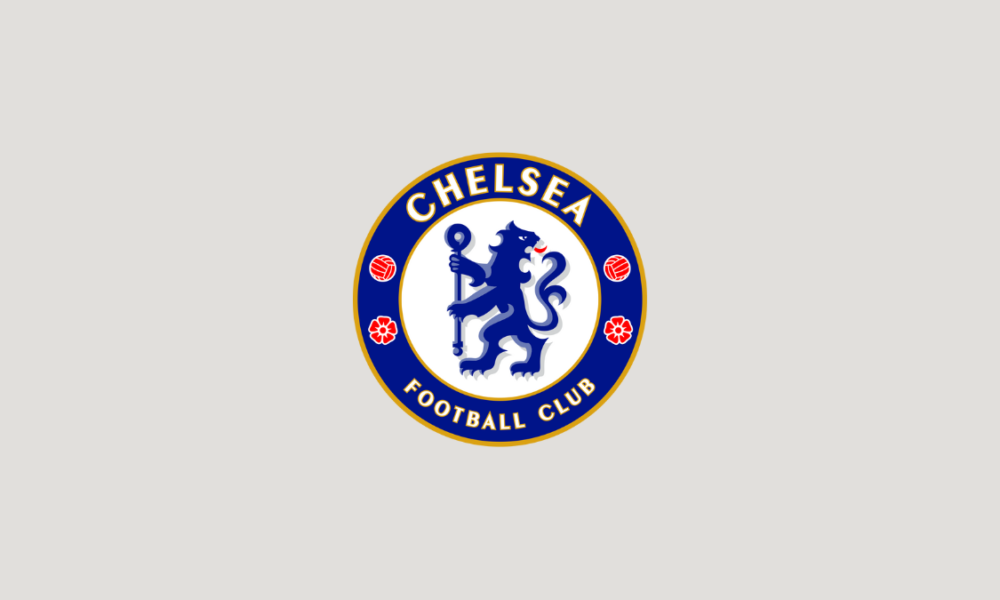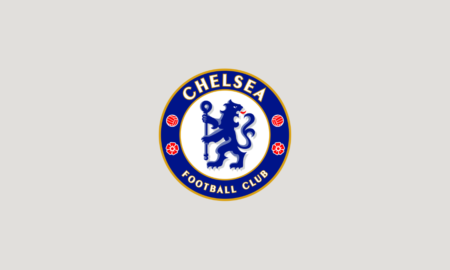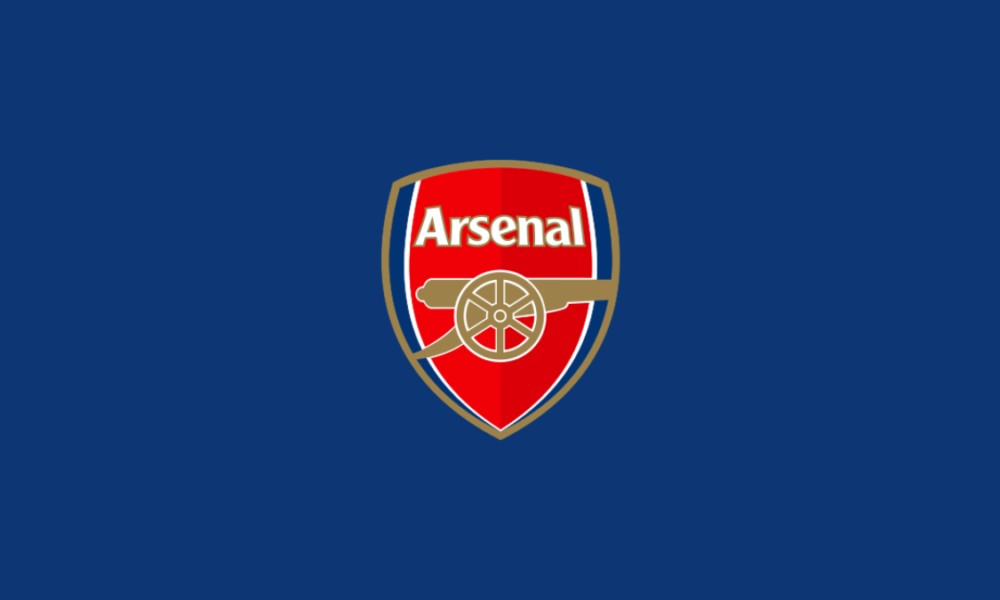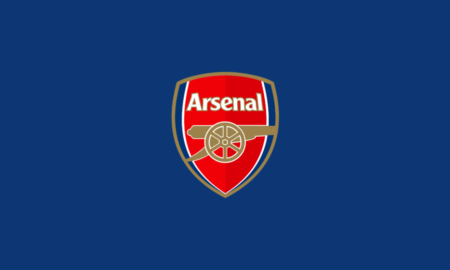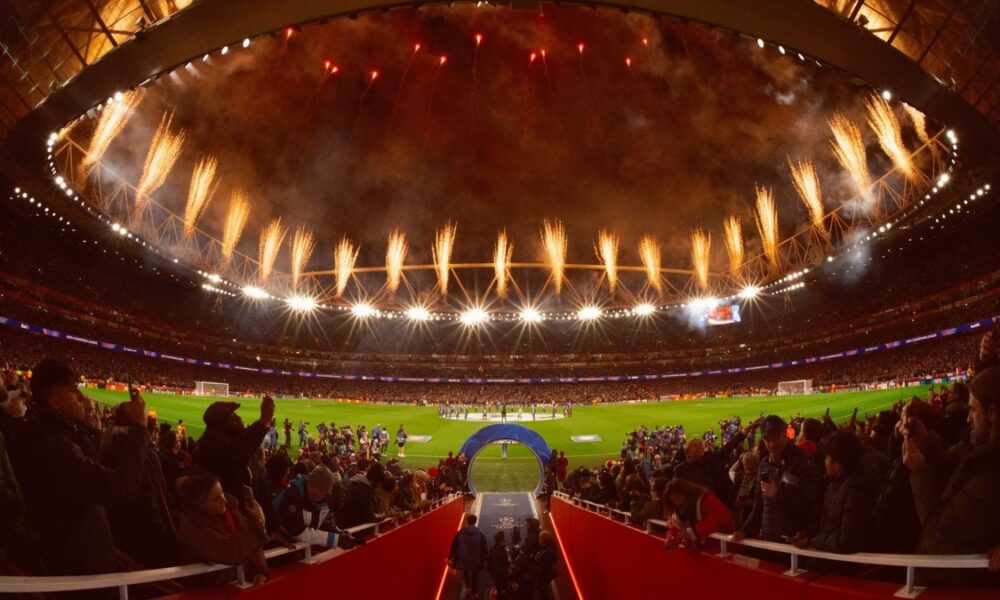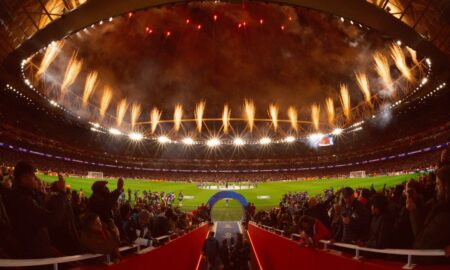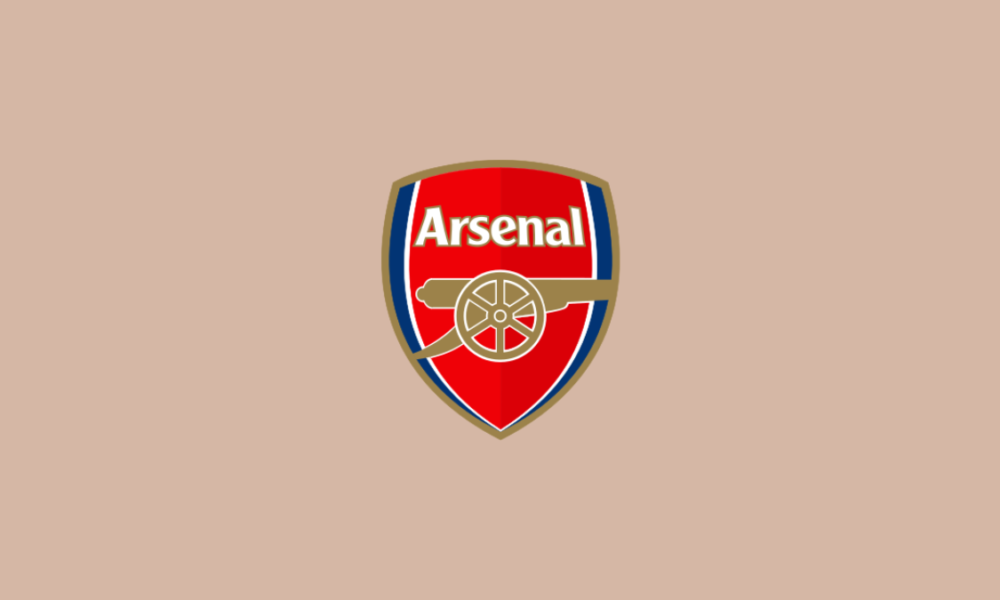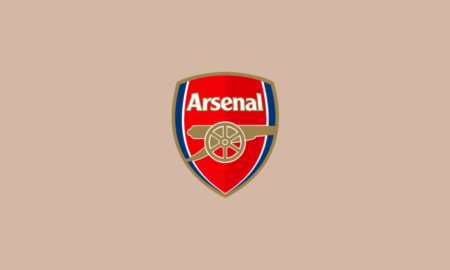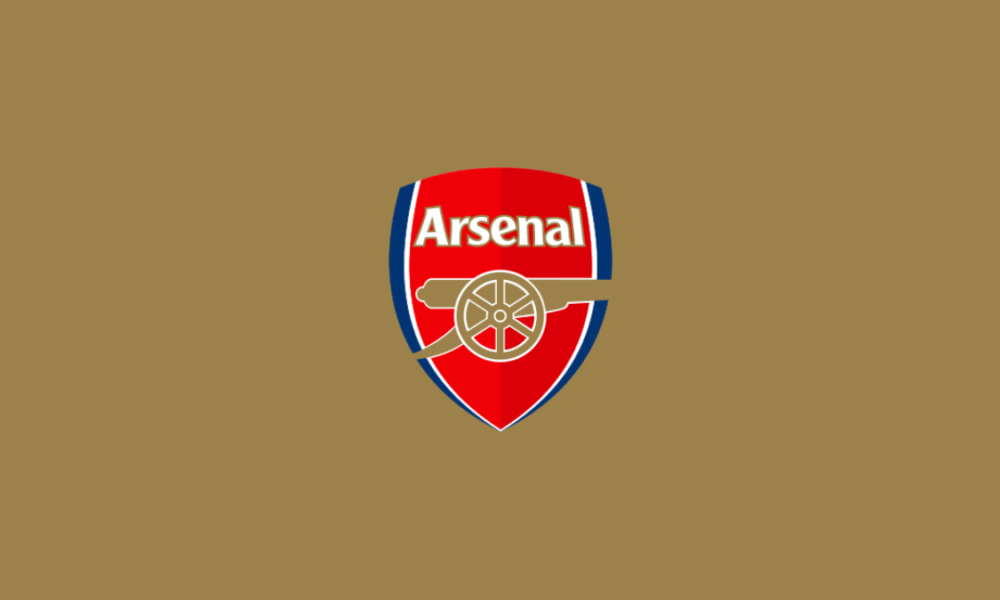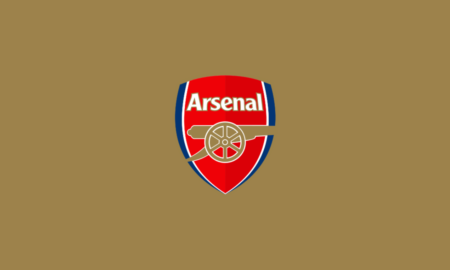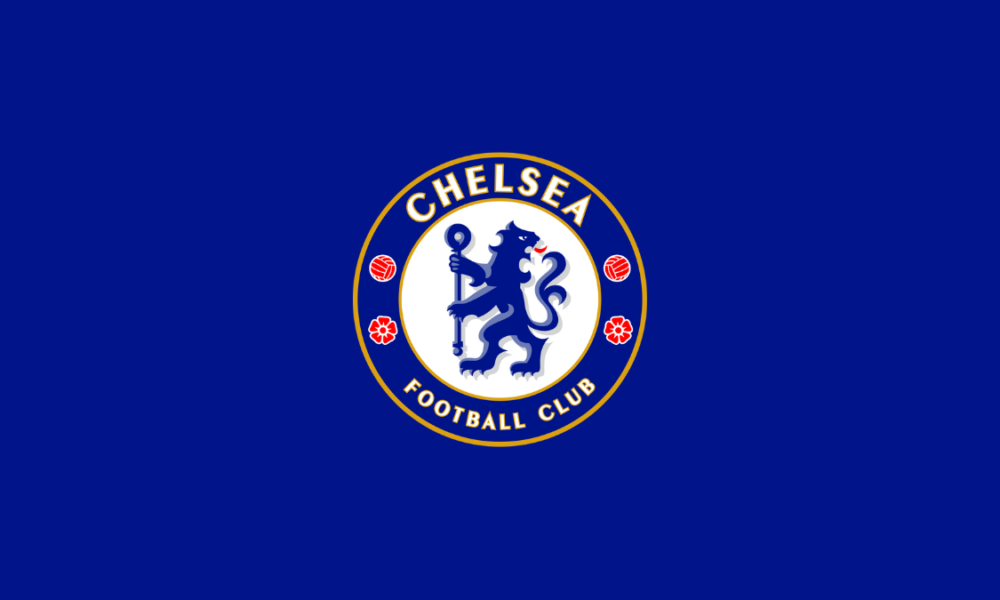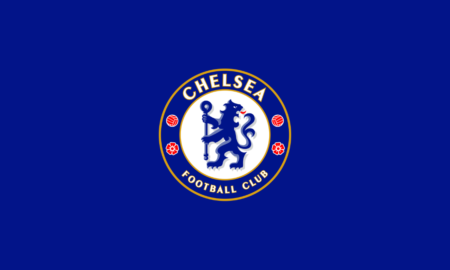The Premier League is set for a financial shakeup with the introduction of a hard spending cap from the 2025/26 season onwards. This landmark decision, agreed upon by most top-flight clubs, signifies a shift towards fiscal responsibility after years of astronomical spending. However, the move wasn’t unanimous, with Manchester City, Manchester United, and Aston Villa casting dissenting votes, while Chelsea abstained.
The new system, dubbed “anchoring,” replaces the current Profit and Sustainability Rules (PSR). This approach aims to curb excessive spending by limiting clubs’ expenditure on transfers, wages, and agent fees to a multiple of the bottom club’s TV and prize money revenue. This “anchoring” mechanism essentially creates a financial tether, preventing clubs from exceeding a pre-determined limit based on the league’s lowest earner.
This financial prudence could lead to a significant shift in transfer strategies and player contracts. Clubs may need to prioritize shrewd acquisitions and focus on developing young talent from their academies to stay within budget. Gone the days of exorbitant salaries thrown at stars, potentially creating a equilibrium in the landscape across the Premier League.
United Tops the Charts, But Change is Inevitable
Currently, Manchester United reigns supreme in terms of the highest wage bill, forking out a staggering £3.82 million per week on their first-team squad, according to Capology. This hefty expenditure highlights the vast financial resources at the disposal of some top clubs, potentially creating an unfair advantage. However, with the impending spending cap, United and other big spenders will be forced to re-evaluate their financial structure. This could mean renegotiating existing contracts, focusing on free transfers, or even player sales to generate funds and comply with the new regulations.
A Look at the Financial Hierarchy of Premier League.
Capology’s breakdown of the Premier League clubs by weekly wage bill paints a clear picture of the financial disparity. Arsenal follows the Manchester giants with a £3.29 million weekly outlay, while Chelsea and Liverpool round out the top five with wage bills exceeding £2.6 million per week. The remaining clubs fall into various tiers, with smaller teams like Burnley, Sheffield United, and Luton Town operating on significantly lower budgets.
The introduction of the spending cap has sparked debate. Proponents argue it will create a more level playing field, allowing smaller clubs to compete more effectively. They believe a more balanced financial landscape will ultimately benefit the league by boosting overall competitiveness. Opponents, however, fear the cap might stifle competition at the top. They argue that it could limit the ability of big clubs to attract world-class talent, potentially hindering the overall quality of the Premier League on the global stage.
Only time will tell how this new approach impacts the Premier League. However, the upcoming seasons will be a period of adjustment for clubs as they adapt their financial strategies to comply with the spending cap. One thing is certain: the Premier League is entering a new era, with a greater emphasis on financial responsibility alongside the pursuit of on-field glory.
As in Manchester Evening News.
For more such updates follow Football Express.
As featured on ManUNews.com
As featured on Walkon.com
As featured on Chelseanews.com
As featured on GoonerNews.com

